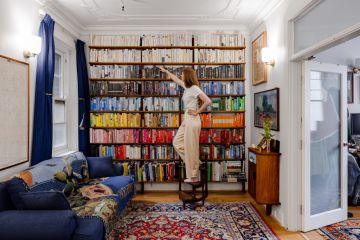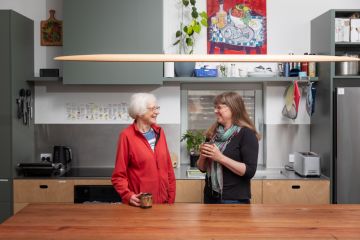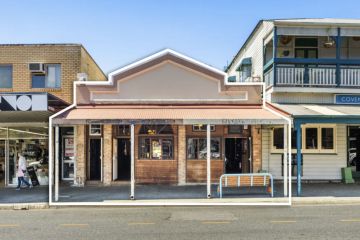Non-alcoholic drink sales set to overtake alcohol by 2025
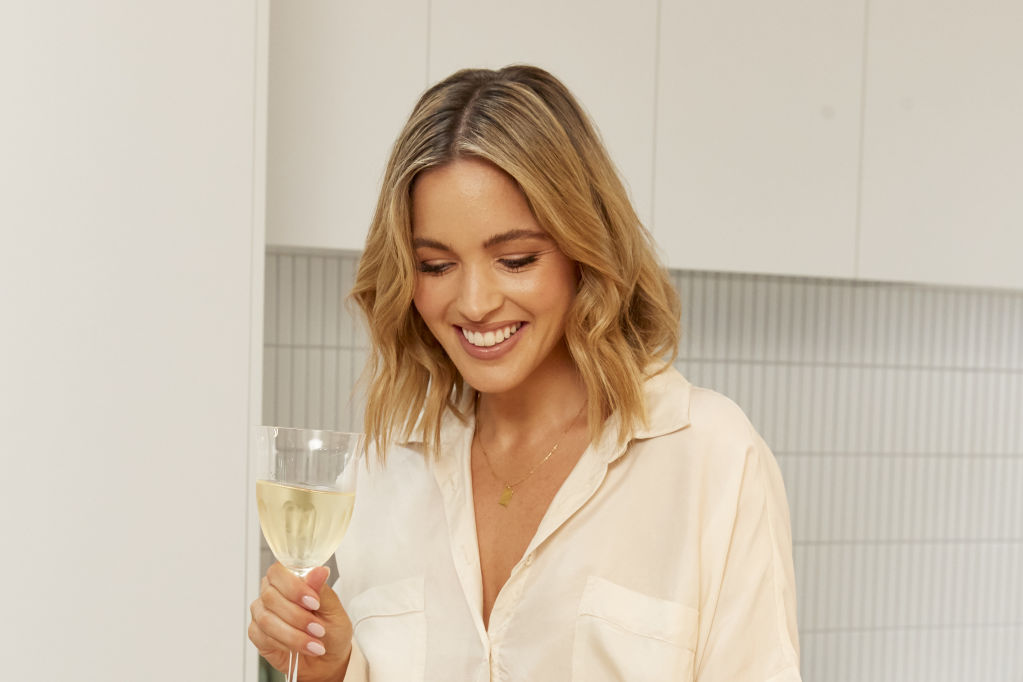
Four Pillars co-founder and distiller Cameron Mackenzie says he would never in his wildest dreams have imagined making an alcohol-free product when he started out in 2013.
“But as you grow older and wiser, booze is not always your go-to and you need a quality alternative,” Mackenzie says.
The Healesville gin distiller is one of a growing breed of alcohol brands offering zero-alcohol options.
After two years of crafting, testing, tasting and perfecting, the boutique brand has created two alcohol-free beverages based on their most popular and iconic gins – Bandwagon Dry and Bloody Bandwagon.
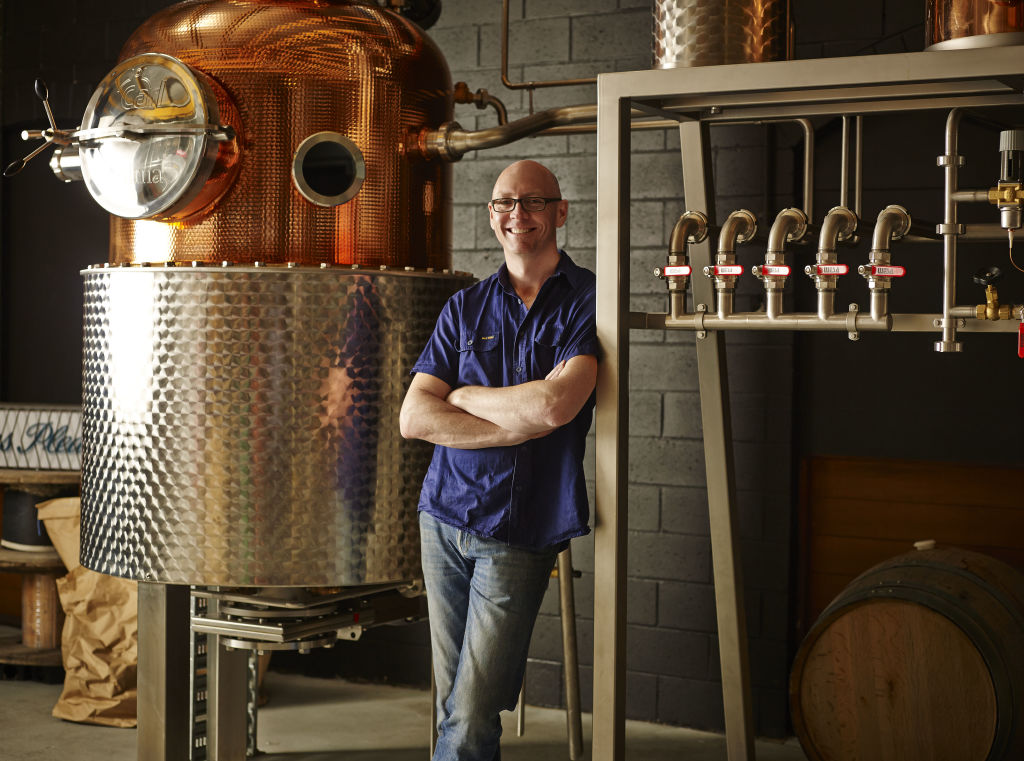
“Bandwagon Dry has been modelled on our original gin, Rare Dry Gin, which has become something of a benchmark for modern, citrus-forward gins with a combination of Middle Eastern, Asian and Australian botanicals.
“In Bloody Bandwagon, we have created an alcohol-free base of highly concentrated shiraz and then added complexity with the addition of many of our favourite botanicals including Tasmanian pepperberry leaf and several types of citrus.”
Consumers are increasingly embracing booze-free options with the no and low-alcohol sector expected to outpace the total alcohol category by 2025, according to Dan Murphy’s managing director Alex Freudmann.
“When it comes to taste, it’s not a compromise to choose a zero-alcohol option any more,” Freudmann says.
“There is some great innovation coming out of Australian producers in this space, and so many delicious flavours, concepts and textures to discover. The same amount of passion, hard work and craftsmanship go into making the new wave of zero-alcohol drinks as their alcoholic counterparts.”
While some people are drinking zero-alcohol alternatives to cut back their intake, others such as former Miss Universe Australia and mental health advocate Olivia Molly Rogers decided to give up drinking permanently just over a year ago.
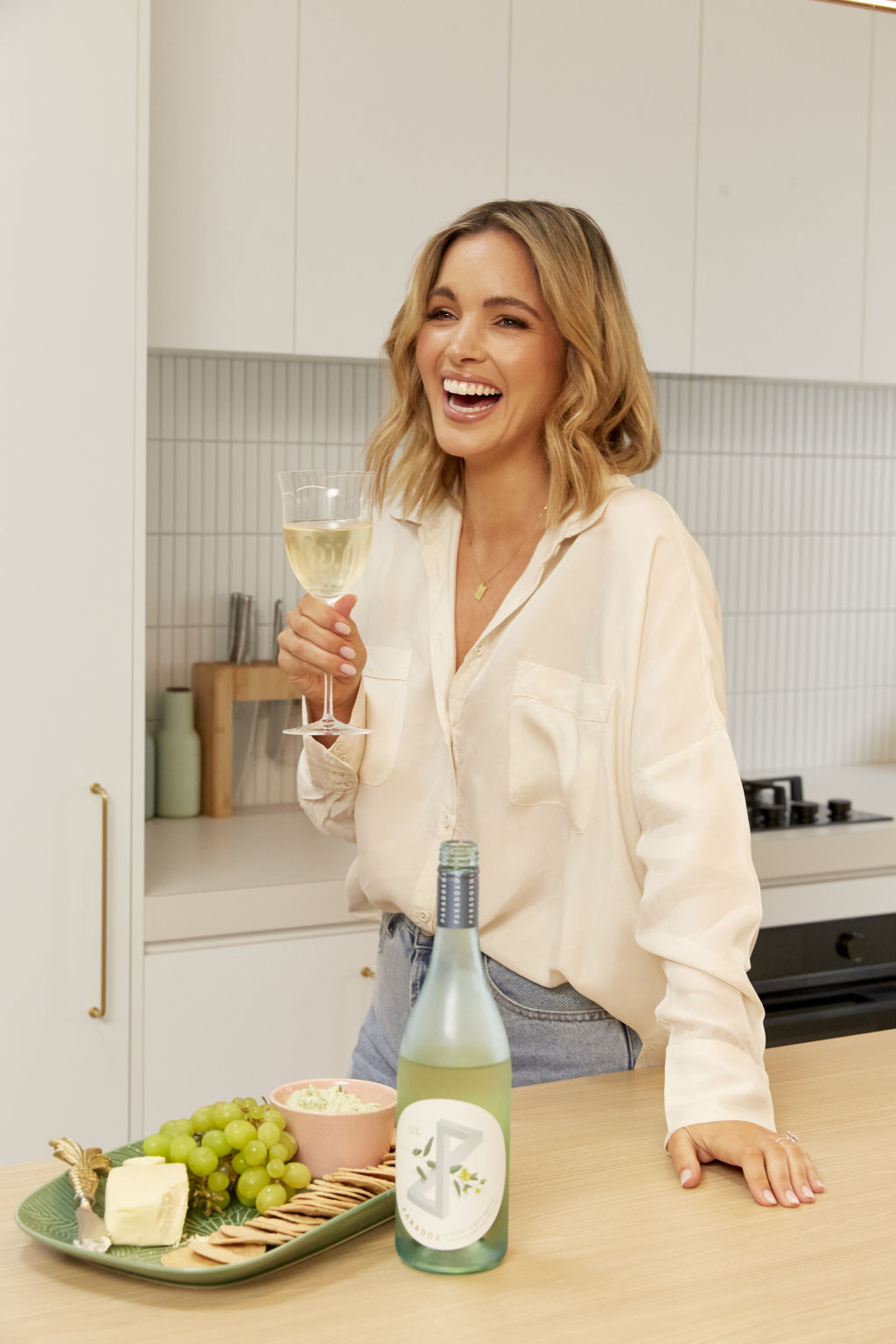
“At first I was just going to do 30 days when I realised that alcohol was having a negative impact on my life and my mental health and my relationship with (husband) Justin,” Rogers says. “I thought I should take a break and that break turned into a year and a bit. I just realised how much better I felt without it, so I haven’t gone back.”
In that time Rogers has seen a substantial increase in brands offering good quality alternatives, both in bottle shops and bars.
“I’ve found over the year that the non-alcoholic list at places has definitely grown and it’s now rare that a place will have only soft drinks on offer,” she says.
“I liked to drink rose, champagne, gin and tonic, a cocktail here and there and an Aperol spritz. I’ve found good alternatives for each of the drinks that I previously had before.”
According to stats from drinks and hospitality business Endeavour Group, sales of zero-alcohol products have grown more than 150 per cent in the past 24 months across Dan Murphy’s and BWS, with 329 different products now on offer.
Freudmann says the rise of zero-alcohol drinks is part of a wider trend in which Australians are drinking less but better.
“Zero-alcohol beer makes up the majority of all sales in the category, thanks to new technologies and brewing processes, which have made it possible for brewers to make better tasting beers in recent years that really replicate the flavour of their alcoholic counterparts,” he says.
As Dry July kicks off, Rogers says it’s the perfect time to refrain from booze for a month or more, particularly because setting a goal can help you stay on the wagon and not be tempted at social events.
“If you stick to something, then you’re more likely to actually have a whole month off and you might surprise yourself and actually enjoy having time off alcohol.”
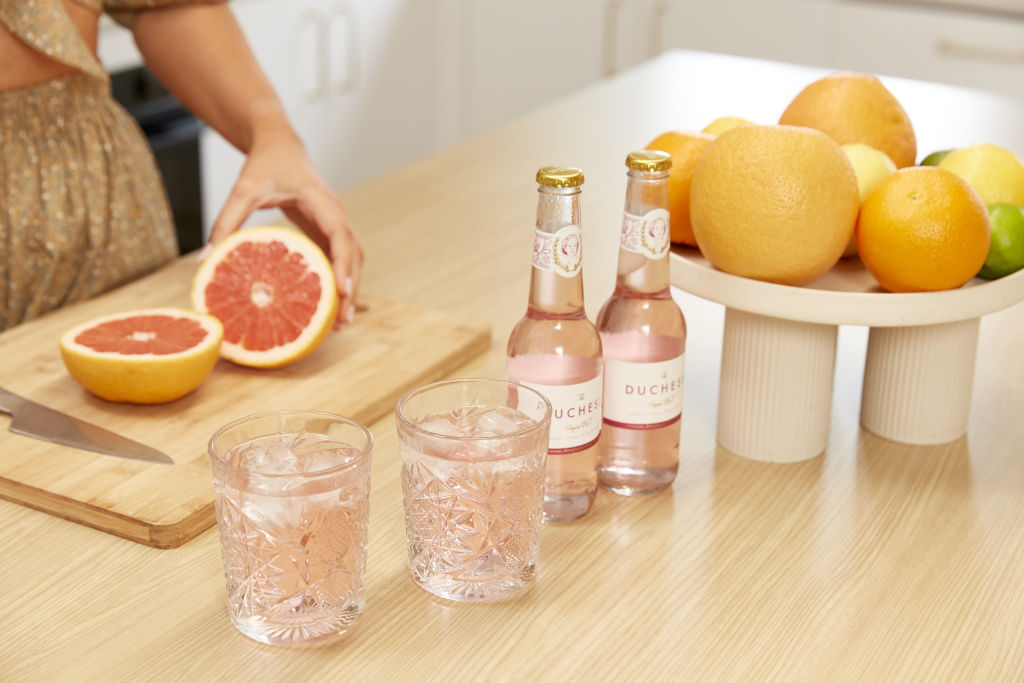
We recommend
States
Capital Cities
Capital Cities - Rentals
Popular Areas
Allhomes
More
- © 2025, CoStar Group Inc.
